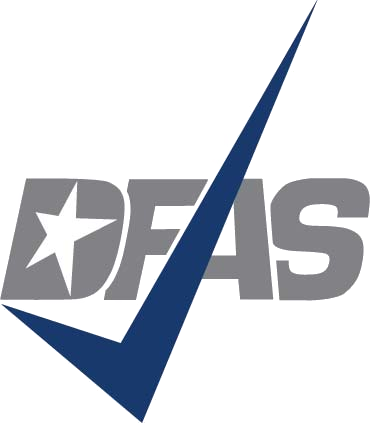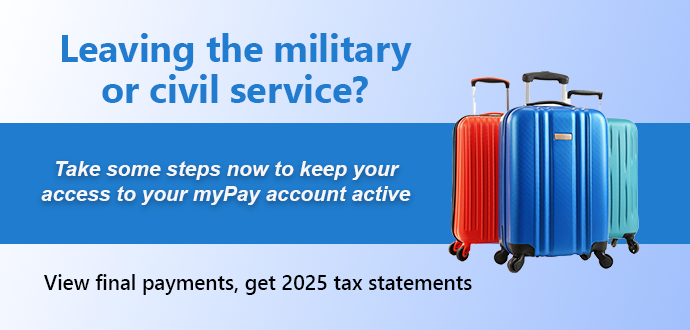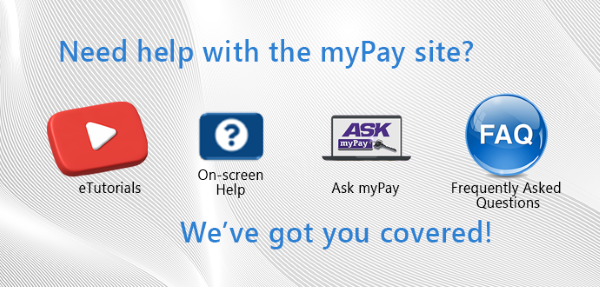This is a Department of Defense (DOD) Computer System. This computer system, including all
related equipment, networks, and network devices (specifically including Internet access),
is provided only for authorized U.S. Government use. DOD computer systems may be monitored
for all lawful purposes, including to ensure that their use is authorized, for management of
the system, to facilitate protection against unauthorized access, and to verify security
procedures, survivability, and operational security. Monitoring includes active attacks by
authorized DOD entities to test or verify the security of this system. During monitoring,
information may be examined, recorded, copied and used for authorized purposes. All
information, including personal information, placed or sent over this system may be
monitored.
Use of this DOD computer system, authorized or unauthorized, constitutes consent to
monitoring of this system. Unauthorized use may subject you to criminal prosecution.
Evidence of unauthorized use collected during monitoring may be used for administrative,
criminal, or other adverse action. Use of this system constitutes consent to monitoring for
these purposes.
Protecting Your Computer
The Defense Finance and Accounting Service (DFAS) uses state-of-the art technology to help
protect your personal information and data on myPay. As a customer of myPay
there are also certain actions you should take to help protect your personal information
from scams and identity theft.
Here are some quick reminders of how to keep your myPay secure:
- Whenever possible, do not use a public computer or Kiosk system to access
myPay. Using a public system places you at greater risk for compromise of
your myPay account. Even connecting via a public Wifi network exposes information to
possible theft.
- Install operating system and application software updates (e.g.
Internet browsers Edge and Google Chrome; Adobe Flash, Adobe Acrobat Reader, and Java)
regularly. Many of these updates are issued to fix identified security problems. Please
visit the vendor’s websites for more information.
- Install, use and keep antivirus software and personal
firewalls including antivirus signatures up-to-date. The correct use of
these programs can help protect your system from being compromised by malicious
software.
- Do not store user-IDs and passwords on your computer or smartphone. If
someone gains access to your device, the accounts will likely be compromised.
- After accessing your myPay account, close all of your Internet
browser windows. Sometimes the browser will store session information in
memory that other web sites may be able to access. Also purge cookies before and after
use at a kiosk or public system.
- Be very careful when installing software, browser plug-ins or extensions that could give
others access to your computer. Remote service software or peer-to-peer software used
for file sharing can create unintended openings into your computer that outsiders can
exploit.
- Do not e-mail personal or financial information. E-mail is not a secure
method of transmitting personal information. If you initiate a transaction and want to
provide your personal and financial information through a website, look for indicators
that the site is secure such as an image of a lock or lock icon on the browser’s status
bar or a web site address that begins “https:” ( the “s” stands for “secure”).
- DFAS does not send e-mail messages asking customers to update or validate information.
We do send e-mail messages that provide important information about your pay account. We
NEVER ask for customers to send passwords, login names, Social Security numbers, or
other personal information through e-mail unless we are responding to you. If you are
ever in doubt of the e-mail source, we do not recommend that you click on links sent in
the e-mail. You can always type in the URL for myPay manually or use a trusted search
engine (e.g. Google, Yahoo or Bing) to search for the myPay Web site and use the most
trusted result.
Financial institutions will always be a target for Internet scams. Knowing the signs can
keep your identity a lot safer. Here are two of the most commonly used attacks to obtain
financial/personal data.
- Keylogging: The action of tracking (or logging) the keys struck on a
keyboard, in a covert manner so that the person using the keyboard is unaware that their
actions are being monitored. Keylogging software is often installed on systems when an
individual views e-mails or clicks links that appear to be reputable sites. This
software is then used by thieves to steal account information from home computers by
capturing the user’s keystrokes.
- Phishing: The use of e-mails that appear to originate from a trusted
source to trick a user into taking action like clicking a malicious link, or opening an
infected attachment. These criminals will attempt to lure you to disclose account
numbers, log in information, passwords, at the fake website.
You trust DFAS to ensure myPay protects your information. Make sure your actions online
don’t give the criminals the tools to get around that security. Whether it be phishing,
keylogging, identity theft, government e-mail scams, credit card offers, or electronic
commerce fraud there are scammers on the Internet who are very creative and constantly come
up with new scams or variations on old scams. The best way to protect your personal
information is to fight these attacks with knowledge.
You can learn how protect yourself online at websites such as the Federal Trade Commission and the FBI.

 An official website of the United States
government
An official website of the United States
government 
